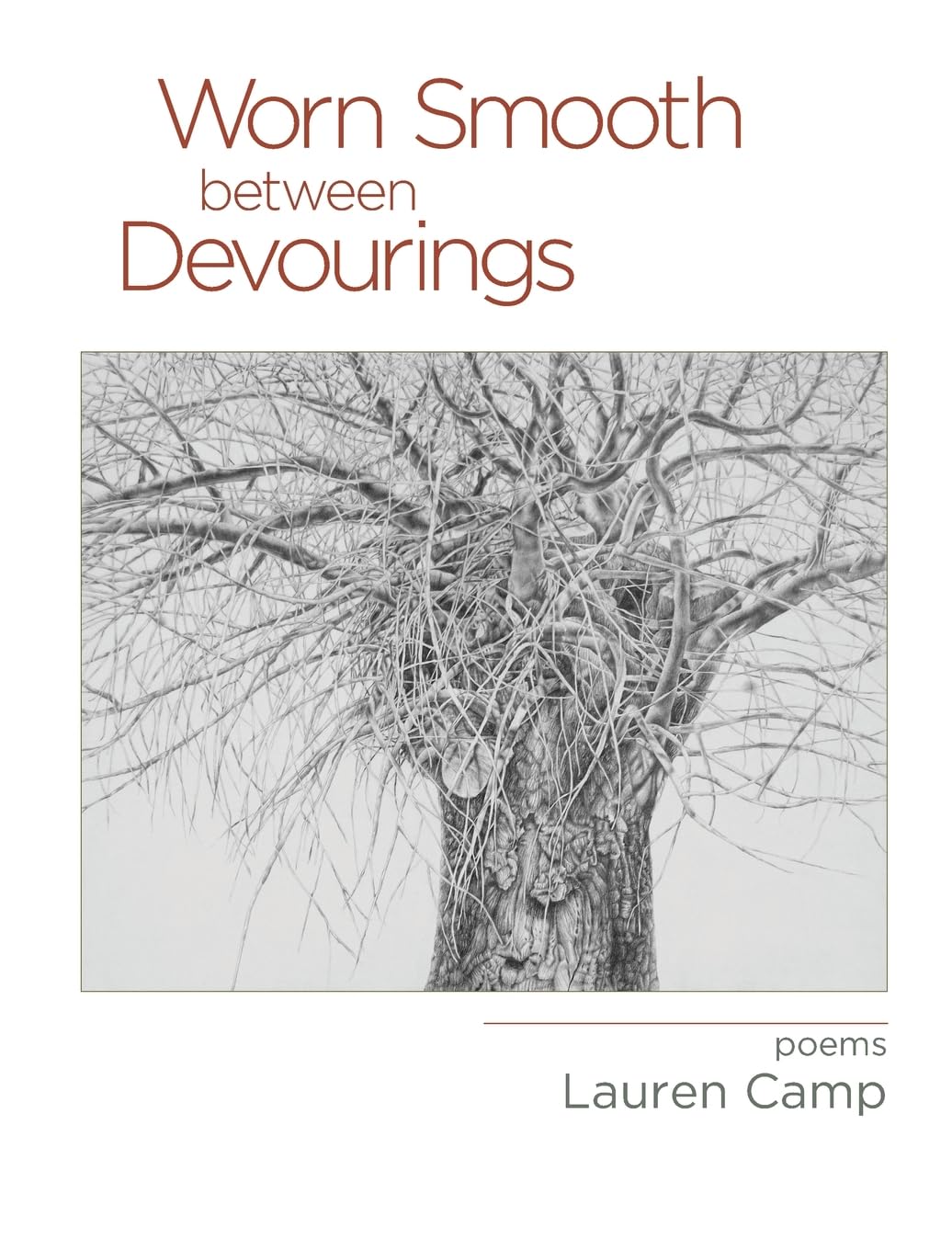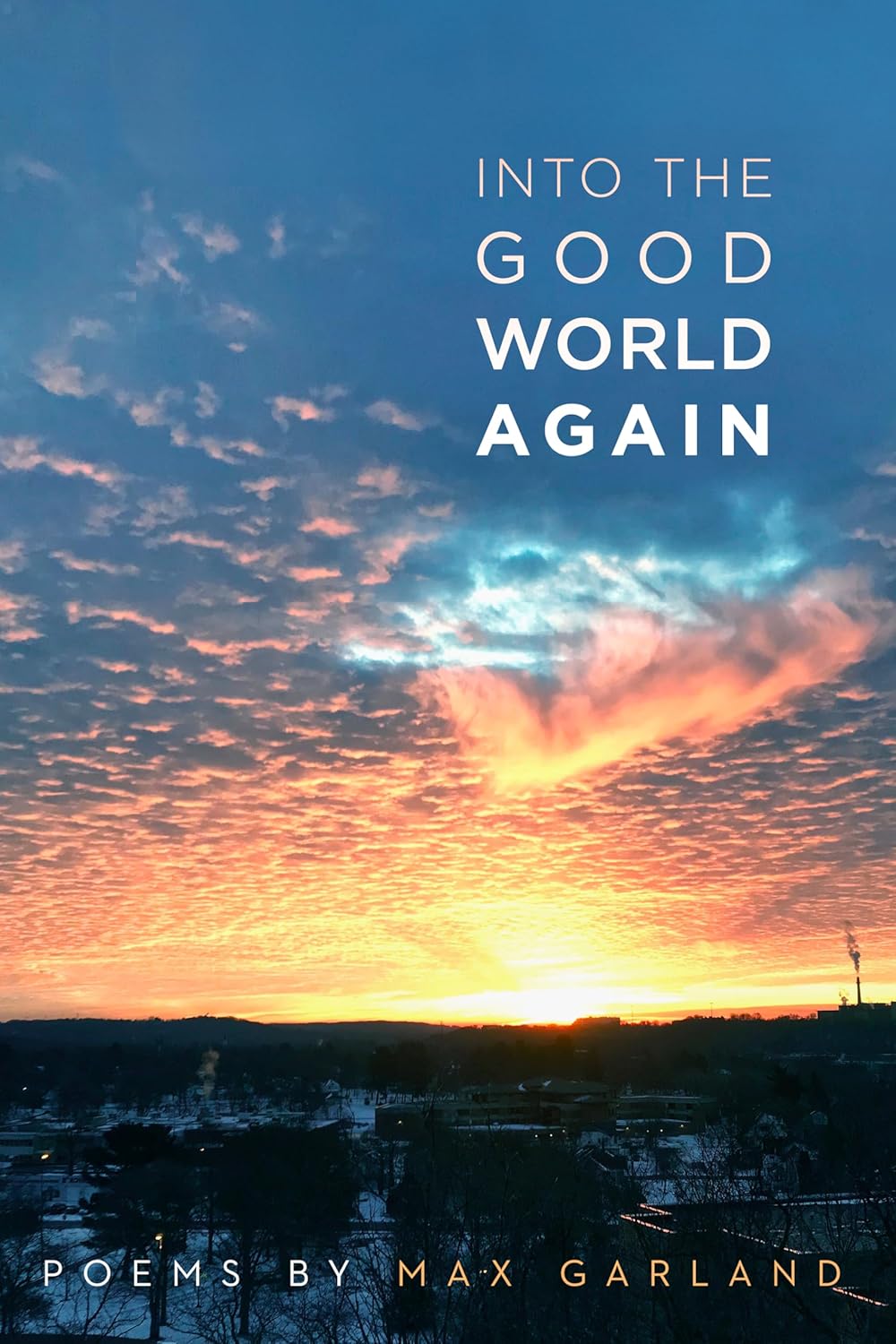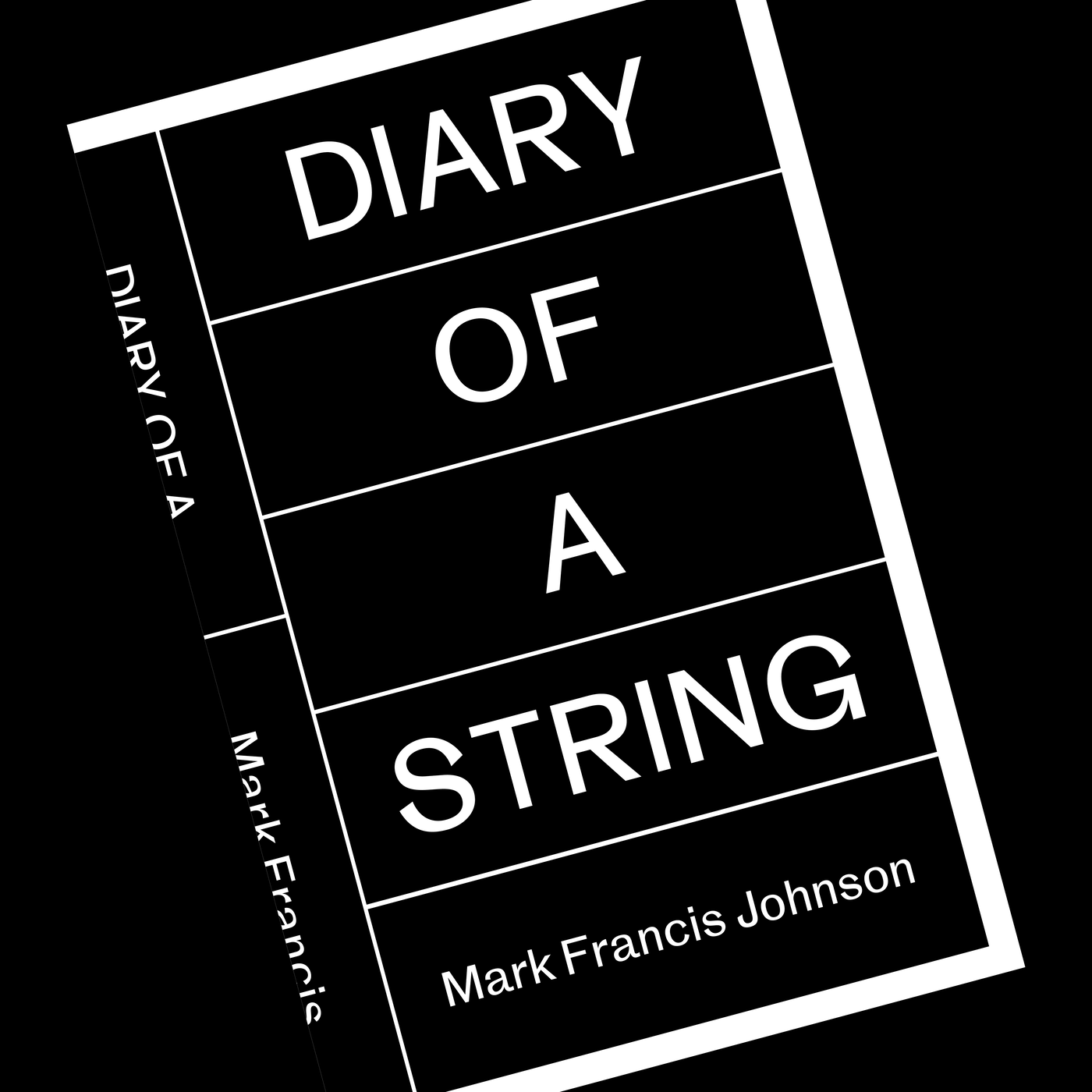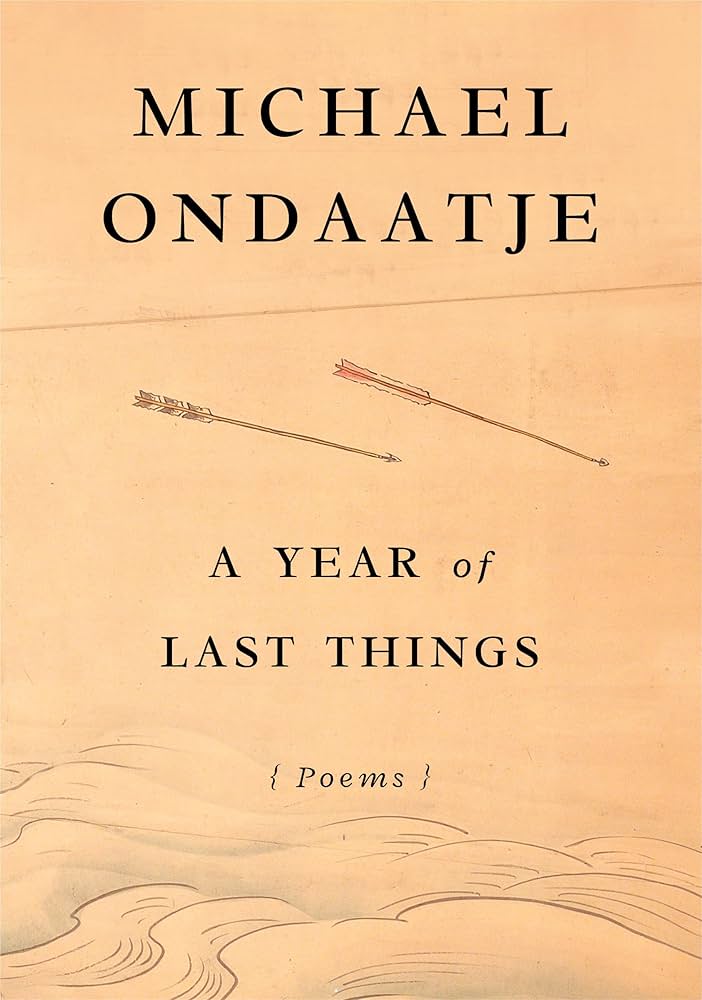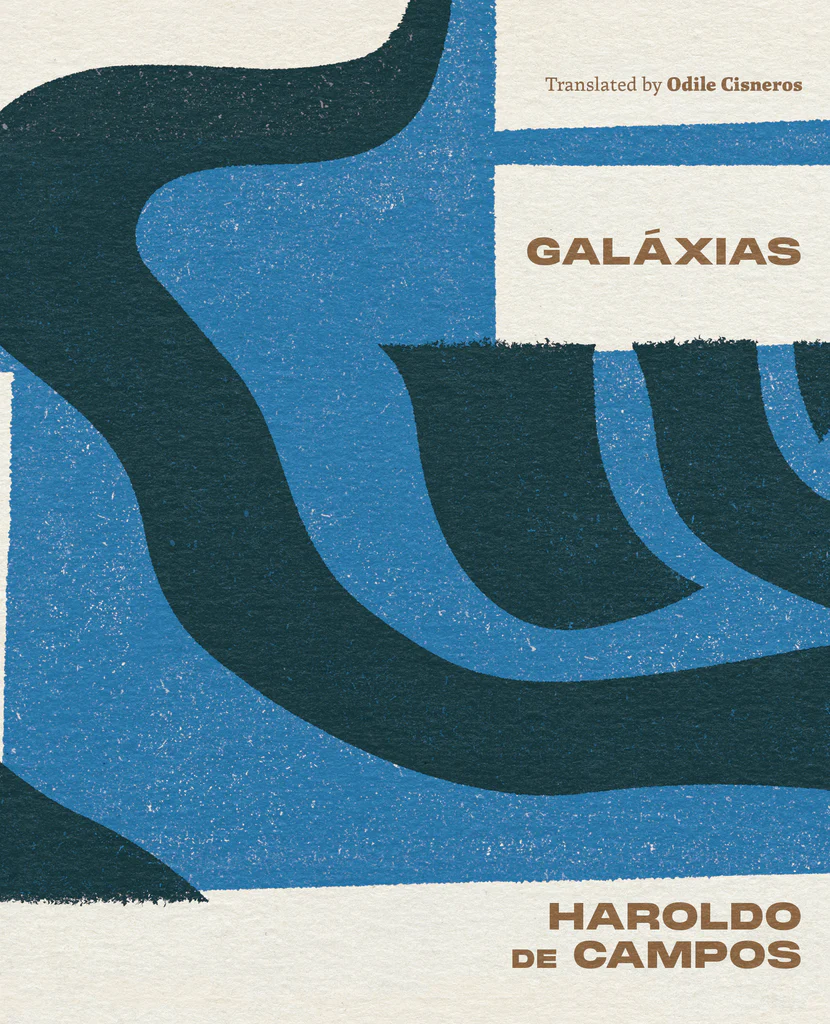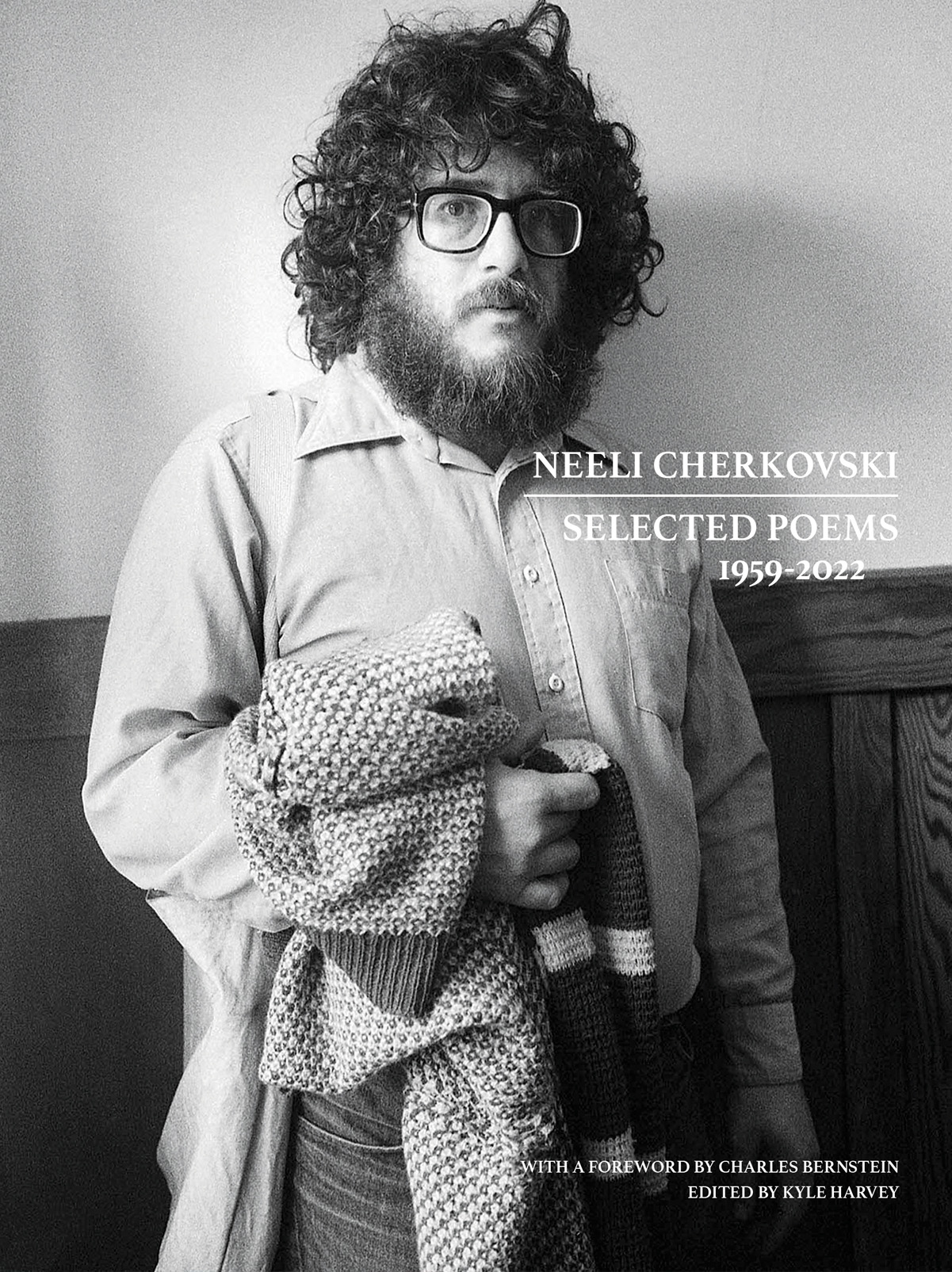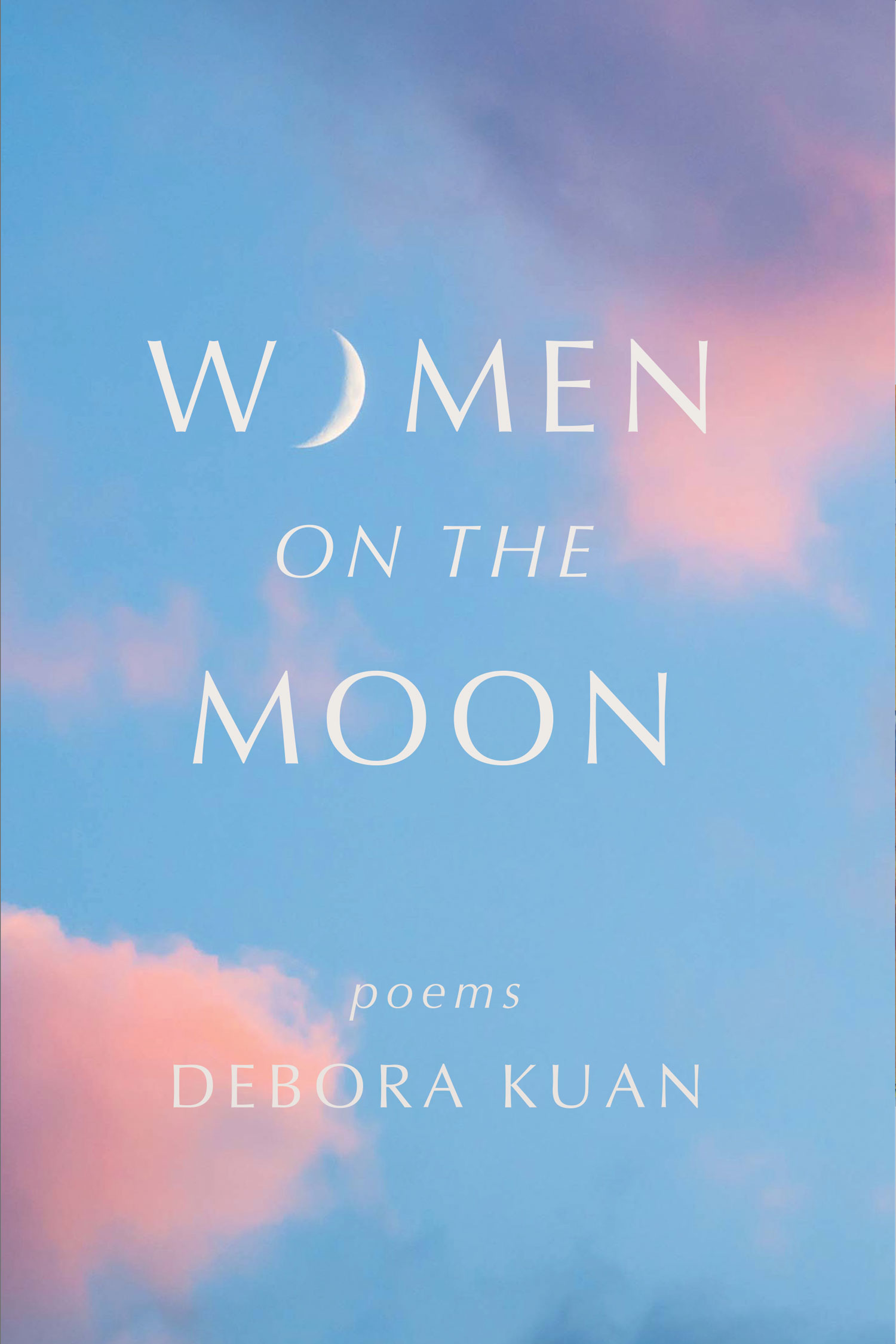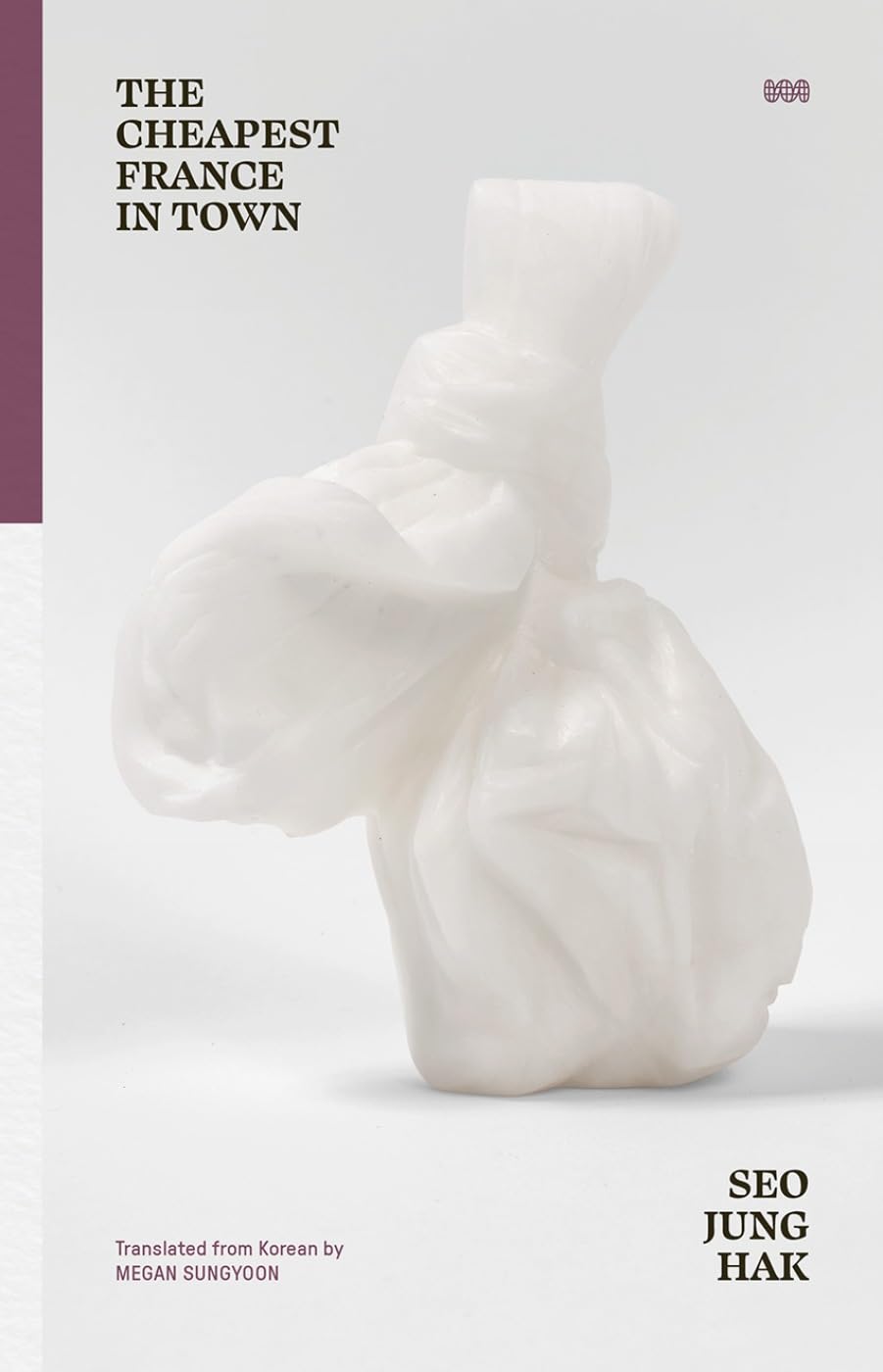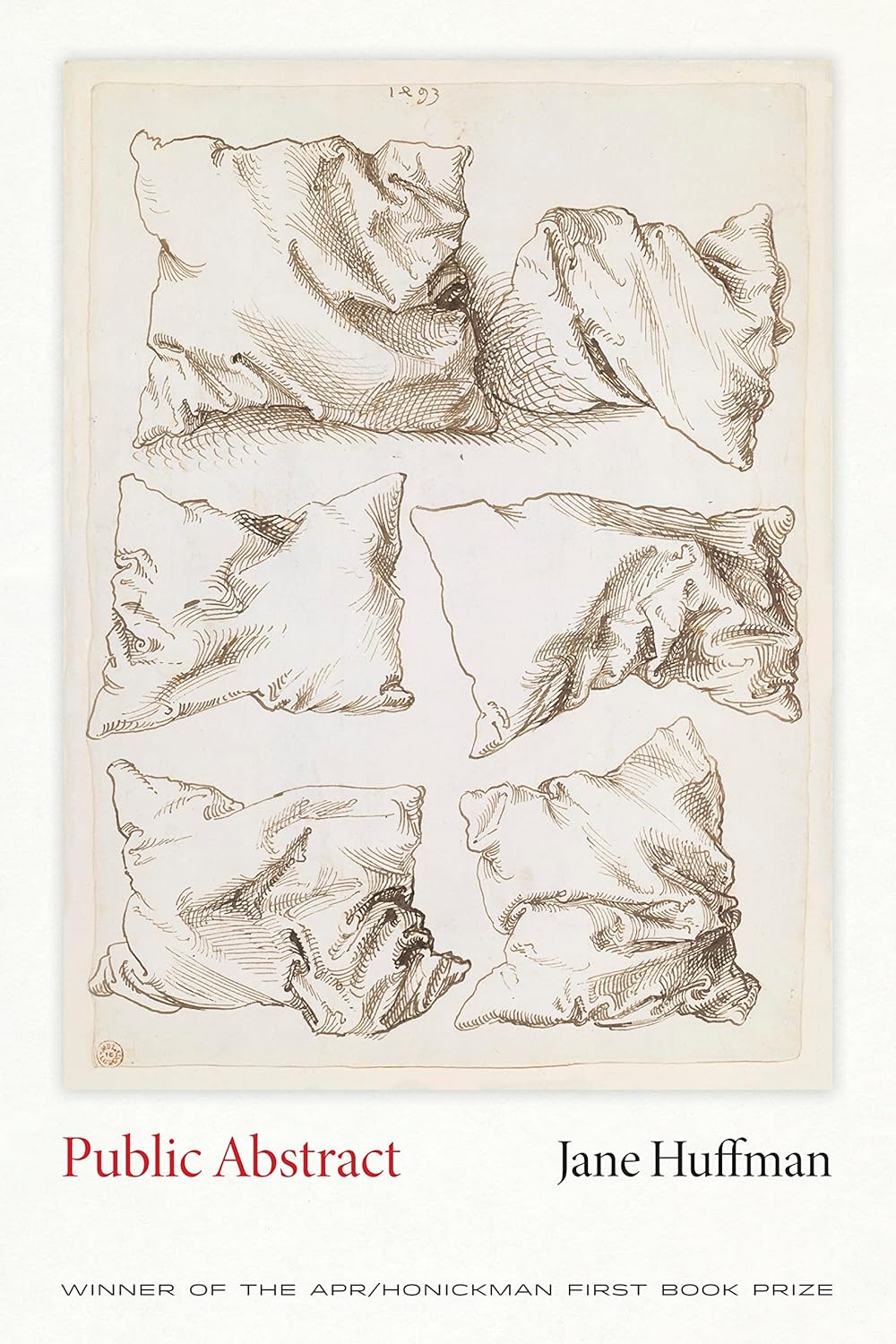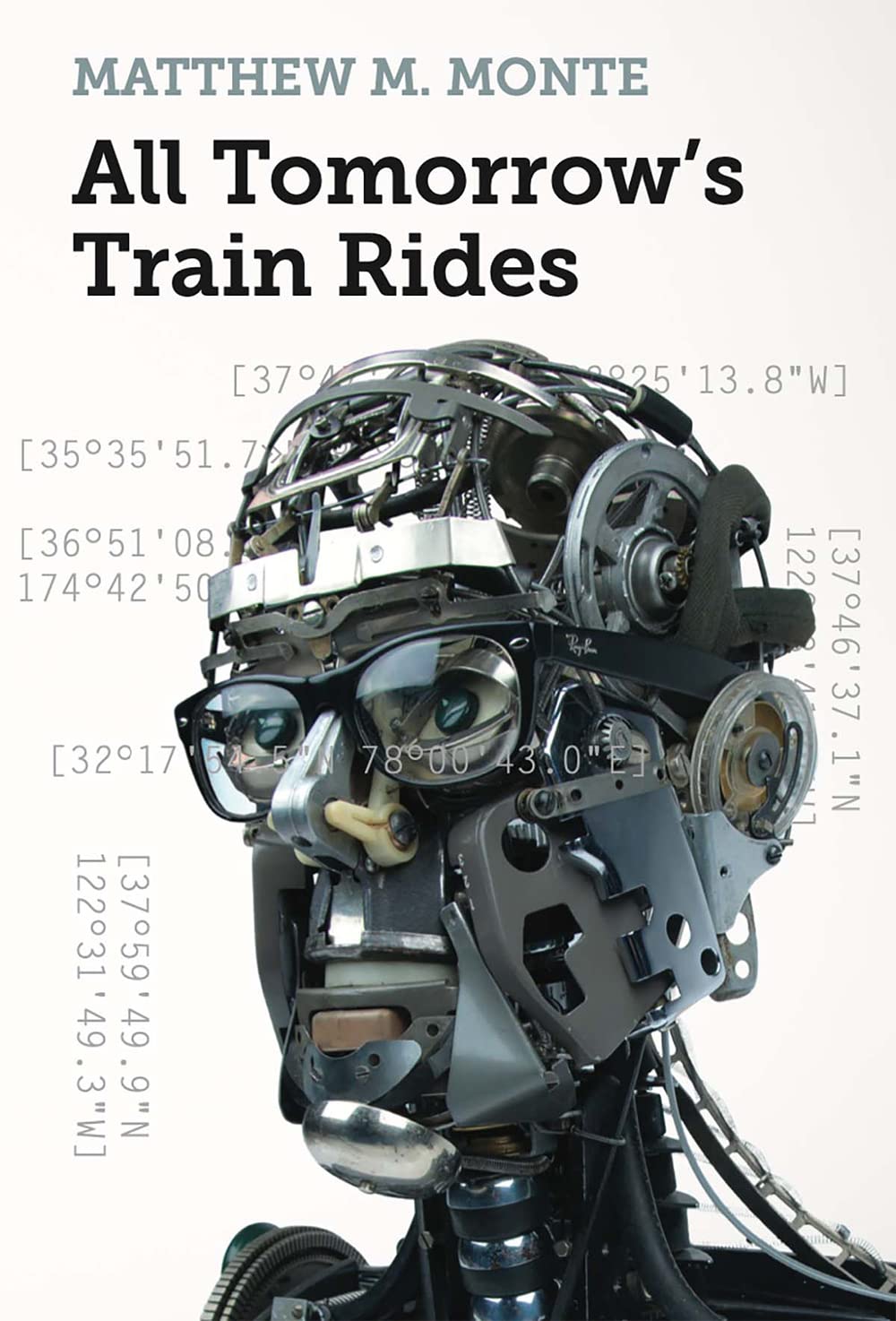by Elizabeth Zuba
Who can explain how these things happen, but somehow just a few short weeks after both Jerome Rothenberg and Marjorie Perloff’s passing, here comes the first full translation of galáxias, the magnum opus of Brazilian luminary Haroldo de Campos — a book that both writers spent decades sounding the bells for. Hooray for the universe for this unexpected and poignant tribute—and hooray for Odile Cisneros, whose English rendering of arguably one of the most acrobatic and multilectical literary texts since James Joyce’s Finnegans Wake is an absolute triumph.
But to Rothenberg and Perloff’s point, Campos may still be one of the great literary giants of the twentieth century you’ve never heard of, so here’s a quick recap: Together with his equally brilliant brother Agosto and fellow writer Décio Pignatari, Campos led the concrete poetry revolution in the 1950s and ’60s, writing the manifesto Pilot Plan for Concrete Poetry and thrusting Brazil onto the international stage. Serially publishing poems and critical pieces in journals and magazines, his influence as a poet, theorist, and translator was wide-reaching and earth-rattling in all three disciplines; Cuban writer Severo Sarduy called him a “Pound-like patriarch.”
A polymath and polyglot, Campos (sometimes in collaboration with his brother) translated scores of writers into the Portuguese, often for the first time, including Goethe, Pound, Joyce, Mayakovsky, Mallarmé, Dante, Paz, and Homer, not to mention Provençal troubadours, Russian futurists, classical Chinese poets, and the books of Genesis and Ecclesiastes. Regarding Campos’s extraordinary reach, Derrida wrote, “on the horizon of literature, and above all in the intimacy of the language of languages, each time so many languages in each language, I know that Haroldo would have access to that like me, before me, better than me.”
Suffice to say, translation was not a side-hustle for Campos; it was his world view. Also, he didn’t call it translation, but transcreation, or sometimes transillumination, translight, and transluciferation, among other monikers. Proceeding from concepts of concrete poetry, Campos saw words not simply as vehicles for meaning but as little morpheme prisms, abundant and complex in their phonemic and graphic characters, along with potential structural, sonic, and connotative relationalities. For Campos, words, like poetry, do not mean but are. And as such, no word or particular relations of words can ever be made over into another language or anything else, but rather must be born totally anew — reciprocal and parallel yes, but autonomous and equally singular.
It’s hard to give an example of Campos’s transcreation, in that he was transcreating into the Portuguese, but fortunately for us, Cisneros has skillfully adopted Campos’s practice in tackling galáxias. Though the English edition does not include the original Portuguese, here are the volume’s opening lines:
e começo aqui e meço aqui este começo e recomeço e remeço e arremesso
e aqui me meço quando se vive sob a espécie da viagem o que importa
não é a viagem mas o começo . . .
Now, here’s Cisneros (in collaboration with Suzanne Jill Levine— three of the cantos are collaborations with or contributions by other translators) impressively following his lead:
and here i begin i spin here the beguine i respin and grin to begin
to release and realize life begins not arrives at the end of a trip which is
why i begin to respin . . .
And here’s a very literal translation (of my own), just to give you an idea of Levine and Cisneros’s transcreation in action:
and I begin here and I measure here this beginning and I begin again and I stir and I throw
and here I measure when you live in the form of a journey what matters
is not the journey but the beginning . . .
You can hear how rhythm and sound are imperative for Campos, and the way Levine and Cisneros sustain that sonic intoning, while also reimagining it from the lyrical, paroxytonic rhythm of Portuguese into the more monosyllabic staccato of English. Semantically, their lines deviate from the specific meanings of each word of the original, but reciprocate the overall intention: the biblical-cyclical invocation of a journey as a continual beginning. Visually, the English “in” word-endings lace together in a netlike pattern over the lines just as “eço” does in the Portuguese, as do the little sequin i’s that shimmer about them, graphically recreating the “e” (and) in the original.
There’s yet another transcreation-esque move here you might miss if you don’t know that Campos is an unabashed glutton for sliding door homonyms and wormhole cultural-lectical allusions. Brilliantly, Levine and Cisneros mutate “begin” to “beguine” to conjure both the West Indian dance and the classic Cole Porter song “Begin the Beguine,” evoking concepts of lingual and cultural hegemony that will resurface throughout the text. Campos would be proud. To be clear, these first few lines are among the simplest in galáxias; a discussion of this epic poem and its transcreation would take a book-length critical work.
this is not a travel book because travel is not a book of travel
because a book is travel at best i aver it’s a baedeker of epiphanies
at worst i can swear it’s an epiphany in a baedeker for golden domes of
an orthodox russo-byzantine church set deep in geneva going downhill
on route de malagnou heading to the city center through a glimpsed
vision of the oldtown and canals you could get married whynot with the chinese
lions that some fatherfriar wayfarer returning from a journey a
pilgrimage to oriental missions learned to sculpt at the entrance of the esplanade
of convento de são francisco northern paraíba at the cobblestoned entrance
overflowing eight mouths of portalgates in contained and then scattered
steps drying racks of stone and joão pessoa in the summer rain was not
an island by gauguin bronzing away in the distance paradisiacal peace in an iamb of silks
and hair blowing in the wind plumed quill in the sultry summer and seated in a café
Widely considered his magnum opus, Campos wrote galáxias over the course of two decades, starting in 1963 and publishing the poem in its entirety for the first time in 1984; the 1992 edition was additionally accompanied by an audio recording of sixteen of the cantos, reinforcing the importance of the voco in his total verbivocovisual work. In that later edition, Campos says:
The galáxias situate themselves on the border between poetry and prose. In this kaleidoscopic book, there’s an epic, narrative gesture—mini-stories that come together and dissolve . . . but it is the image that prevails, the vision or calling of the epiphanic. . . . This permutational book has, as its semantic backbone, an always recurrent yet varied theme all along: travel as a book and the book as travel (despite the fact that—and for that very reason—it is not exactly a “travel book”. . .).
A series of fifty “galactic cantos” that center loosely around different places Campos has traveled, the work charts not only the poet’s literal journeys around the world, but also the atemporal, multiverse ones he takes by way of spiraling slipstreams of language. Densely covering the right-hand side of the page—absent punctuation, capitalization, stanzas or sections—but balanced with a blank verso not unlike the empty expanse around any galaxy, each canto is in and of itself a lexical and literary cosmic ride that plummets through wormholes of languages, sounds, graphemes, time, and cultural and literary allusions, making it an extraordinary experiment in a Babel-transcendent poetry.
Campos describes the forty-eight cantos that sit between the two beginning-end/end-beginning poems of galáxias as “movable,” each introducing “its ‘difference’ but contain(ing), in itself, like a watermark, the image of the entire book, which can be seen from an Alephic vantagepoint.” Aleph as in A, I asked myself? I looked it up. Probably not. More likely, Alephic as in the mathematical sets that number the infinite. No, I cannot explain that mathematically. But “Alephic” makes a lot of sense as a description for this universe-expanding and yet ultimately contained book—like a subparticle is a thing you can count, but also a way to see forever.
du scheinst ein rotes wort zu faerben through the voice of sophocles through the voice
of hölderlin schiller laughing away goethe smiling illustrious company he must have been
crazy herr hölderlin or he pretended to be because sophocles only meant
you seem worried about something ismene to antigone through the voice of sophocles
one of the most laughable products of pedantry that red-tinted word . . .
I don’t know if you’ve ever seen a sketch of Buckminster Fuller’s imagined Geoscope, but I’d describe it as a human-size earth model you can stick your head into and experience the whole world happening at once from the inside out; Fuller’s hope was to expand one’s sense of an individual relationship to the world as in fact a series of connections and interrelationships. When the architect Jesse Reiser recently recreated a Geoscope of sorts for a show at Princeton University, it was a totally immersive multimedia experience complete with multiple voices, screens, sounds, cultural references, and views from and of earth. Reading galáxias is a little like that, only instead of a Geoscope, it’s a multiverse scope, and instead of a physical structure, the spaceship is language itself. To say it is an otherworldly experience doesn’t begin to cover the sheer magnitude of the joyful abundance that carries you along.
saffron yellow egg vermillion verging on pompeian lava red you could
say after seeing pompeii the amorini friezes against a ground of
giallorosso but this is rome the roman colors like flags the blue
most fine most frigid of that rarefied january morning the mild winter
that year almost springing in the first greens and reds and tawnygold
and redyellow yolkbisque and carmine and oldancient imperial walls
oldancient baroque palazzi mansionhovels alternating with
villas lei può dirmi dov’è la via del consolato i’m not italian i’m an
amurr’kan from inside a sports car and could you tell me sir where
the swiss airline office is tente de me entender professor por favor . . .
Ultimately, writing and translating were metaphysical enterprises for Campos. In his author’s note to the 1984 publication of galáxias, he writes, “today, retrospectively, I would tend to see it as an epic insinuation that resolved itself as an epiphanic one.” Spinning and colliding all that immense knowledge around in his head—particle-accelerator style—Campos saw endless and perpetual connections between words and sounds, images and ideas, that spoke to some greater truth or meaning. As Cisneros and Sergio de Bessa have written in their introduction to Novas (Northwestern University Press, 2005), a selection of Campos’s writings from poetry to theory, Campos saw, in that wild Geoscope brain of his, that “true meaning could only be glimpsed through prismatic refraction.” Lucky are we who get to strap on our space helmets and touch the multiverse through his transilluminated lens.

